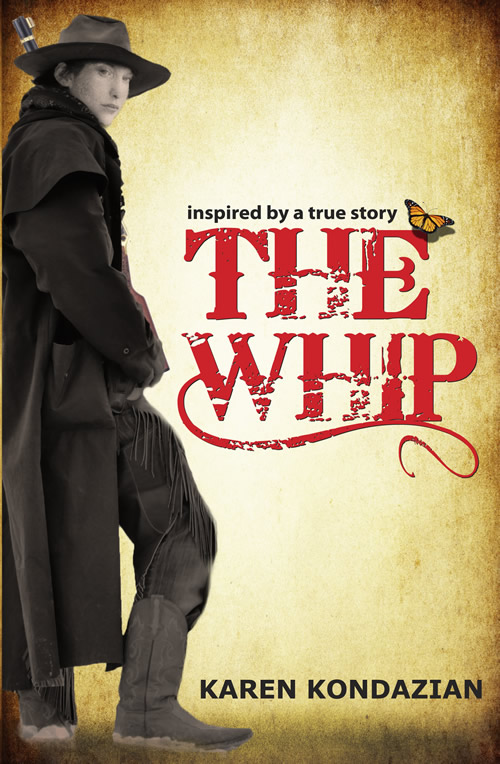As you may recall, I read Adaptation by Malinda Lo about a month ago and really, really enjoyed it. Easily one of the best YA I’ve ever read, nevermind queer YA. So I was excited to pick up and the next and final book in the duology (I originally thought it was a trilogy and was sadly mistaken). Right after reading Adaptation and raving about it, however, I was warned by another book blogger that the second book was slower. Then my coworker who I’d convinced to read Adaptation and who also loved it said that she hadn’t enjoyed the sequel very much. That made me hesitant to pick up Inheritance; I didn’t want it to dampen my enthusiasm for Adaptation. That’s partly why this review is spoiler-free for Adaptation (and therefore is going to be pretty vague): I wanted other people to have a good sense of the duology as a whole if they had heard similar things about the sequel.
I decided to give myself a little break between Adaptation and Inheritance. I think that was crucial. I was trying to lower my expectations, but it also allowed me to come off the adrenaline buzz that was Adaptation. When I started Inheritance, I had a lot fewer expectations. And from that point, I actually ended up really enjoying Inheritance! I thought it was a fantastic sequel, and the two books together make for a solid duology. It’s true that Inheritance is less action-packed than its predecessor. It’s as if Adaptation spends the entire book raising questions and having all of these dramatic things happen. Inheritance expands on what the consequences of those events are, and if it doesn’t answer all the questions, it at least allows space for them to play out. It’s definitely a different feel from Adaptation, but I think it needed to be. Malinda Lo really followed through on everything that happened in the first book, and it definitely still felt compelling to me.
And then, of course, there’s the love triangle. This is possibly the best treatment of a love triangle of all time. What Lo does with this, and with bits of discussion of sexuality and gender and race, shouldn’t be revolutionary. If you are in any kind of social justice spaces, the ideas she addresses should be pretty basic, but in terms of mainstream media, it’s above and beyond. I was reading a small conversation that discusses gender and thinking (for the only time in the duology) that this was a little slow, but I realized that if I read this as a teenager it would have blown my mind. The idea that nonbinary genders can exist, or alternative relationship structures, or hell, just having the word “bisexual” actually mentioned, is so huge. You don’t see that in YA, not even queer YA. You don’t see it in mainstream books, or TV, or movies, or anything. Because of that, this kind of book could really change a person’s life.
I finished the Adaptation duology just so happy that it exists. Not only that it was a hugely entertaining reading experience, with an amazing plot and well-rounded characters, but because it is a book that addresses sexuality and gender and race but isn’t just about that. It’s a series I can hand to anyone, including people who many not usually pick up books with a queer main character. And it’s shows that queer people continue to have rich lives in addition to being queer. It’s not the only characteristic we have. I really have nothing but praise for this series. Read it, make your friends read it, make your library buy it, give it to your teenage niblings and cousins and kids.


